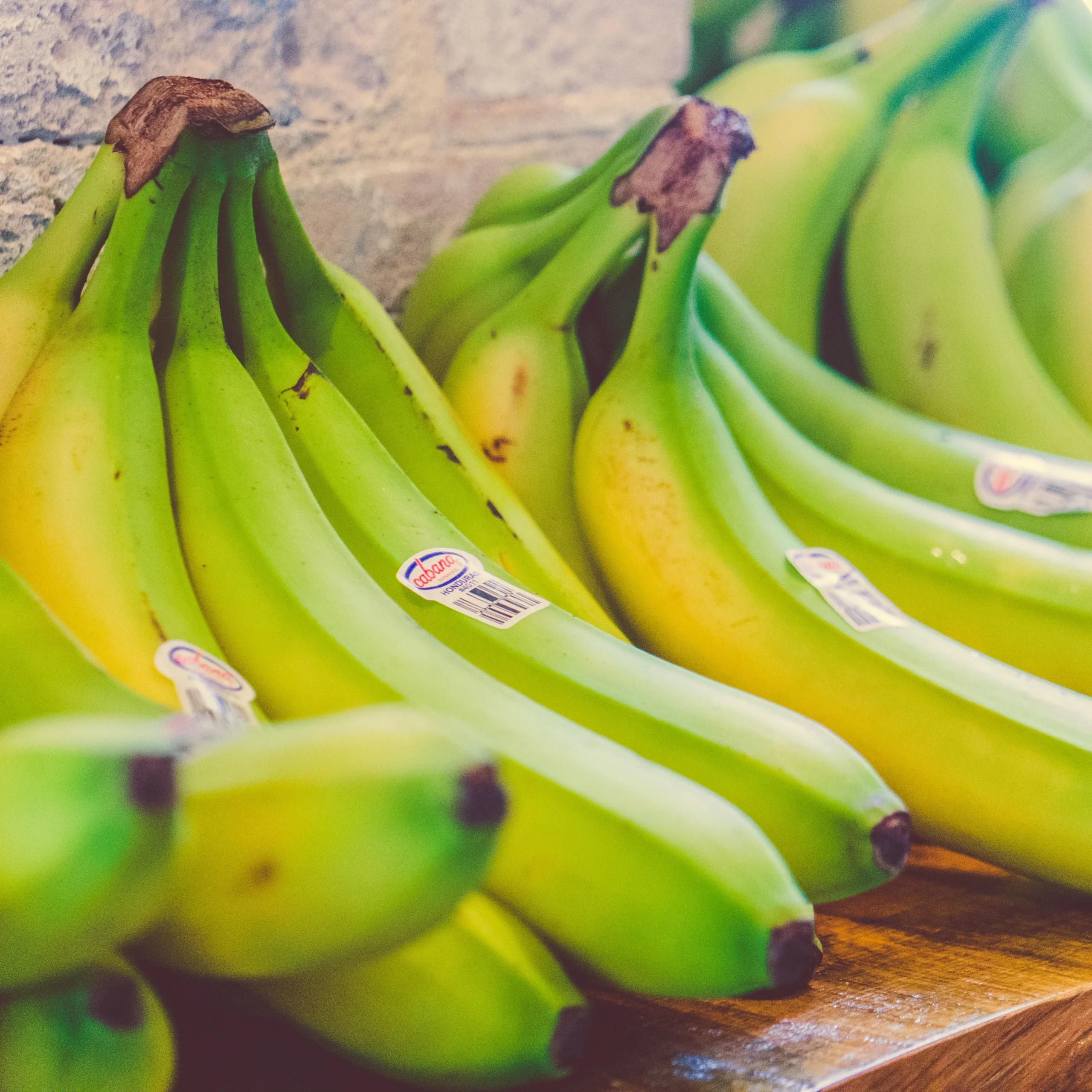The Science Behind Unripe Bananas: Understanding What Causes Bananas Not to Ripen
Bananas are a staple fruit in many households, but it can be frustrating when they refuse to ripen. Understanding the ripening process and the factors that contribute to bananas not ripening can help you enjoy perfectly ripe bananas every time.

In this article, we’ll dive into the science behind banana ripening and explore the factors that can hinder the process. We’ll also provide tips on how to encourage bananas to ripen and offer storage advice to ensure your bananas ripen properly.
Whether you’re a banana enthusiast or just curious about the ripening process, keep reading to learn more.
What is the ripening process for a banana?

The ripening process of a banana is a complex and fascinating phenomenon. It involves a delicate balance of biochemical changes that transform the fruit from green and starchy to yellow and sweet.
At the heart of this process is the hormone ethylene, which plays a critical role in regulating fruit ripening. When bananas are harvested, they are still in an immature state, containing high levels of starch and low levels of sugar. However, as they age, they begin to produce ethylene gas, triggering a cascade of biochemical reactions that break down the starch into simple sugars.
As this transformation occurs, the bananas also undergo physical changes. They become softer as their cell walls break down and their skin turns from green to yellow due to pigments such as carotenoids.
The ripening process can be influenced by various factors such as temperature, humidity and exposure to other fruits that also produce ethylene gas. This is why it’s important for farmers to carefully monitor their bananas during shipping and storage so they can control when the fruit reaches its desired level of ripeness.
In conclusion, understanding the intricate process behind banana ripening not only satisfies our curiosity but also helps us appreciate how nature works its magic on our favorite fruits. So next time you enjoy a luscious ripe banana be sure to thank Mother Nature for her wonderful work!
Factors that contribute to bananas not ripening.
Bananas are a delicious and nutritious fruit, but sometimes they just won’t ripen no matter what you do. There are several factors that can contribute to this frustrating situation.
Firstly, temperature plays a crucial role in banana ripening. Bananas require warm temperatures of around 60-70°F to ripen properly. If the environment is too cold, they will not ripen and may even develop brown spots or become mushy.
Secondly, exposure to ethylene gas can also impact banana ripening. Ethylene is a natural plant hormone that triggers the ripening process in fruits like bananas. However, if bananas are exposed to too much ethylene (e.g. from nearby fruits like apples or tomatoes), they may over-ripen or become soft and mushy before fully developing their sweet flavor.
Thirdly, improper storage can also affect banana ripening. Bananas should be stored in a well-ventilated area with good air circulation to prevent them from getting too moist or humid (which can cause mold growth) or too dry (which can cause dehydration).
Lastly, the type of banana itself may also impact its ability to ripen properly. For example, some varieties of bananas such as plantains are meant to be cooked and eaten when green rather than ripe.

Understanding these factors can help you troubleshoot why your bananas aren’t ripening as expected and take steps to remedy the situation so that you can enjoy perfectly ripe bananas every time!
How can I encourage bananas to ripen?
Bananas are a favorite fruit for many, and the perfect banana is one that is ripe and delicious. But how do you encourage bananas to ripen?
Firstly, it’s important to understand that bananas ripen due to the release of ethylene gas. To speed up the process, you can place your unripe bananas in a paper bag with an apple or tomato. These fruits also release ethylene gas which will help ripen your bananas faster.
Another trick is to put your unripe bananas in a warm area such as on top of your refrigerator or near a sunny window. This will create heat which encourages the ripening process.
If you have already purchased ripe bananas but they aren’t quite ready for eating yet, store them in the refrigerator. The cold air will slow down the ripening process, allowing you more time before they become overripe.
It’s also important not to store your ripe or overripe bananas near other fruits or vegetables as they can cause them to spoil faster due to the high levels of ethylene gas being released.

Lastly, if all else fails and you simply can’t wait for your bananas to ripen naturally, try using a brown paper bag method where you seal an unripe banana inside with other fruits that emit ethylene gas like apples or avocados so it speeds up their maturity rate by 24-48 hours!
By understanding these simple tips and tricks when it comes to encouraging banana ripening we hope this article has provided valuable insight into helping readers achieve perfectly ripe fruit every time!
Storage tips to ensure that bananas ripen properly.
Bananas are a delicious and nutritious fruit, but proper storage is crucial to ensure they ripen properly. Here are some tips to help you get the most out of your bananas.
Firstly, it’s important to understand that bananas release ethylene gas as they ripen. This gas can cause other fruits and vegetables nearby to ripen faster as well. To prevent this, store your bananas separately from other produce.
Secondly, you can control the speed at which your bananas ripen by adjusting the temperature at which they’re stored. Bananas should be kept at room temperature until they reach your desired level of ripeness. Once they’re ripe enough for you, place them in the fridge to slow down the process.
Thirdly, don’t throw away overripe bananas! They may not look pretty anymore, but they’re perfect for baking or making smoothies. You can also freeze them for later use in recipes like banana bread or pancakes.
Lastly, avoid storing unripe bananas in plastic bags or containers as this can trap moisture and prevent them from properly ripening. Instead, leave them out in a well-ventilated area until ready for consumption.
In conclusion, with these simple storage tips you’ll be able to enjoy perfectly ripe and delicious bananas every time!
Check out our other articles to find out even more about banana.
Bananas are one of the most versatile and nutritious fruits available to us. Having a better understanding of what causes bananas not to ripen can help you get the freshest and tastiest banana possible each time you buy them. Now that you know how to encourage your bananas to ripen properly, storage tips for freshness, and what factors contribute to unripe fruit — Check out our other articles on banana’s if you’d like even more information!










